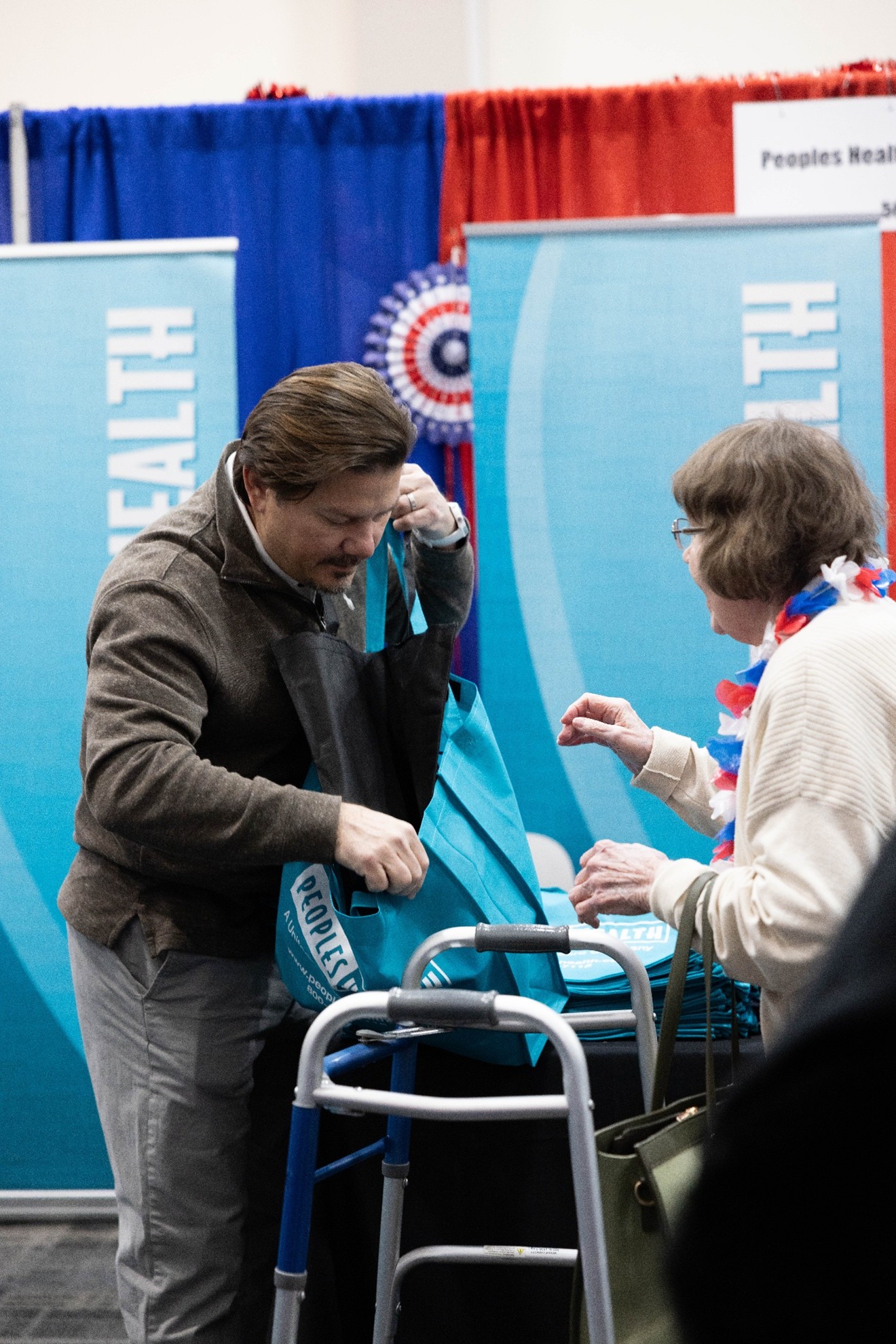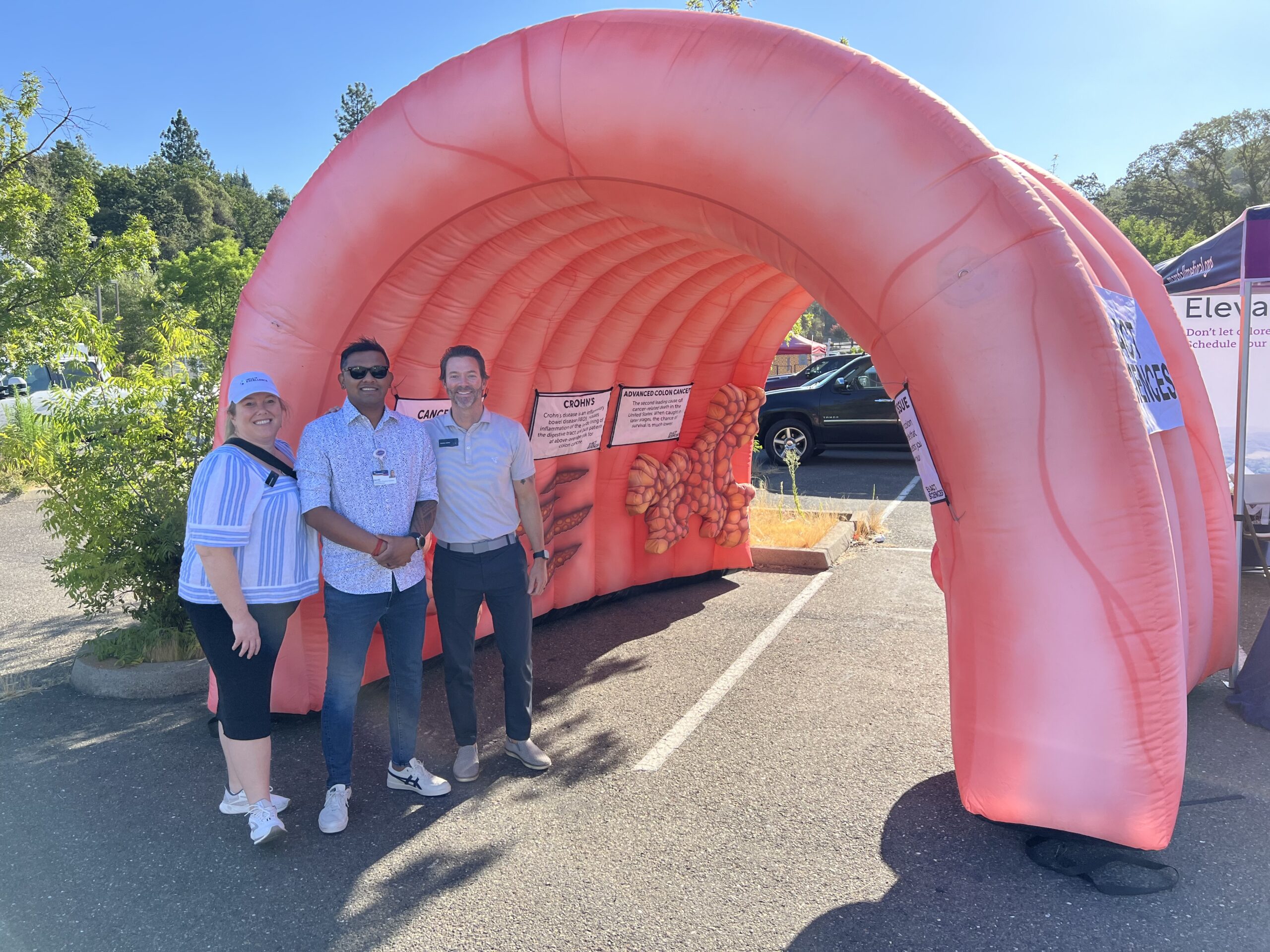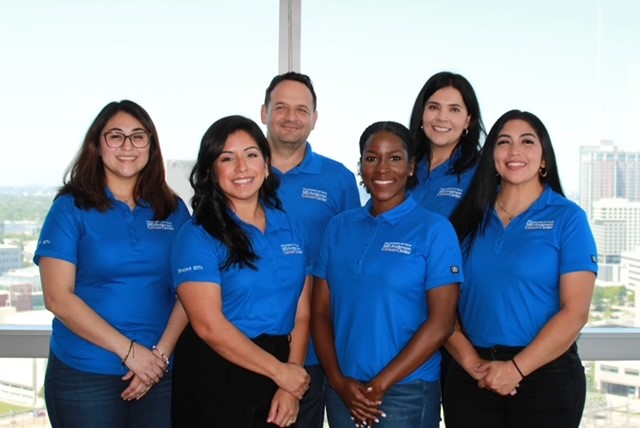Pilot Program Aims to Improve Colorectal Cancer Screening Rates, Access to Specialty Care in Community Health Centers

FOR MORE INFORMATION, CONTACT:
David Sampson
Corporate Communications
American Cancer Society
Email: [email protected]
FOR IMMEDIATE RELEASE
Pilot Program Aims to Improve Colorectal Cancer Screening Rates, Access to Specialty Care in Community Health Centers
August 27, 2014—Three locations will each receive $100,000 in funding to launch pilot programs to improve colorectal cancer screening rates and follow-up care for patients served by community health centers. The program is the work of the National Colorectal Cancer Roundtable and is part of the group’s effort to reach the goal of 80 percent of adults 50 and over receiving regular screening for colorectal cancer by 2018.
The pilot communities chosen after a competitive process are: Port Royal, South Carolina; New Haven, Connecticut; and St. Paul, Minnesota. Each of the three pilot communities will develop local models to address barriers to colorectal cancer screening access and follow up care for patients served by community health centers.
Nine prominent national medical professional societies will join with the National Association of Community Health Centers, the Centers for Disease Control and Prevention, the Health Resources and Services Administration, and the American Cancer Society in supporting the effort. Former Assistant Secretary for Health Dr. Howard Koh also played a leadership role.
Colorectal cancer is the third leading cause of cancer death for both men and women in the United States. The American Cancer Society estimates that more than 136,000 adults will be diagnosed with the disease in 2014. Effective screening test are available, but racial and ethnic minorities and persons of lower socioeconomic status have limited access to colorectal cancer screening and adequate follow-up care. The 2013 Uniform Data Set (UDS) measure for colorectal cancer screening found that the average colorectal cancer screening rate in Federally Qualified Health Centers (FQHCs) was 32 percent, which is much lower than the national average and an important contributor to avoidable deaths and suffering from colorectal cancer. Community health centers, which often serve some of the most disadvantage patients, report that access to specialists is one important factor in the under-use and under-promotion of colorectal cancer screening in the community health center setting.
The national medical professional societies participating in the effort represent the full continuum of care and will be recruiting physician leaders from their membership to help establish the pilot programs at the local level.
“This is a tremendous effort by multiple partners to get a critical preventive service out into the community,” said Richard Wender, M.D., chief cancer control officer for the American Cancer Society and chair of the National Colorectal Cancer Roundtable. “We have everyone you would want at the table to fix this – the community health centers, the gastroenterologists, the pathologists, the anesthesiologists, the oncologists — leaders willing to work together to get more people screened and treated. There is a lot of work to be done, but with the support from all the members of this multifaceted effort, we hope to identify the best ways to bring lifesaving screening and care to the communities that need it most.”
Models around the country have begun to show that effective coordination between community health centers and specialists can improve health care delivery to underserved patients. Those models have relied on “physician champions” (physician leaders who can recruit peers to the program, act as spokespersons and otherwise serve as advisers in getting the project established), as well as a balanced distribution of patient load, clear medical protocols, and strong care coordination. The goal of the new pilot is to adapt these models in the pilot locations; each will receive funding, technical assistance, and mentoring, and they will have physicians at the table willing to help.
“What’s unique about these pilots is that these nine national medical professional societies are helping to recruit their peers and strengthen these pilots at the local level,” said Dr. Wender. “It’s a wonderful example of using the power of peer to peer leadership to get into the community and do what we know works.”
The grant is funded in part from a $6.4 million gift provided in 2013 from the Walgreens Way To Well Commitment® program that engages Walgreens customers in supporting the American Cancer Society’s Community Health Advocates implementing Nationwide Grants for Empowerment and Equity (CHANGE) program. Funding for the CHANGE grants comes from Walgreens customers nationwide, who choose to donate to the American Cancer Society as they pay for their purchases at checkout. The CHANGE grants help promote health equity and ensure that communities with a higher burden of cancer have equal access to education and screening resources.
An additional $89,000 (approximately 20 percent of the project overall) is supported with federal support from the Centers for Disease Control and Prevention and will be used to provide the pilots with technical assistance.
National Participating Organizations:
Ambulatory Surgery Center Association (ASCA)
American Cancer Society (ACS)
American College of Gastroenterology (ACG)
American Gastroenterological Association (AGA)
American Society of Anesthesiologists (ASA)
American Society of Clinical Oncology (ASCO)
American Society for Gastrointestinal Endoscopy (ASGE)
Centers for Disease Control and Prevention (CDC)
College of American Pathologists (CAP)
Commission on Cancer (CoC)
Health Resources and Services Administration (HRSA)
Society of American Gastrointestinal and Endoscopic Surgeons (SAGES)
National Association of Community Health Centers (NACHC)
National Colorectal Cancer Roundtable (NCCRT)
About The National Colorectal Cancer Roundtable
The National Colorectal Cancer Roundtable, established by the American Cancer Society (ACS) and the Centers for Disease Control and Prevention (CDC) in 1997, is a national coalition of public, private, and voluntary organizations dedicated to reducing the incidence of and mortality from colorectal cancer in the U.S., through coordinated leadership, strategic planning, and advocacy. The ultimate goal of the Roundtable is to increase the use of recommended colorectal cancer screening tests among in population for whom screening is appropriate. While the Roundtable focuses on colorectal cancer control, many of the initiatives, tools and evidence-based interventions developed by the Roundtable can easily be adapted to inform a broad array of cancer control activities.
About the American Cancer Society
The American Cancer Society combines an unyielding passion with nearly a century of experience to save lives and end cancer for good. As a global grassroots force of three million volunteers, we fight for every birthday threatened by every cancer in every community. We save lives by helping you stay well by preventing cancer or detecting it early, helping you get well by being there for you during and after a diagnosis, by finding cures through groundbreaking discovery and fighting back through public policy. As the nation’s largest non-governmental investor in cancer research, contributing more than $3.9 billion, we turn what we know about cancer into what we do. As a result, an estimated 13.7 million people in America who have had cancer and countless more who have avoided it will be celebrating birthdays this year. To learn more about us or to get help, call us anytime, day or night, at 1-800-227-2345 or visit cancer.org.


